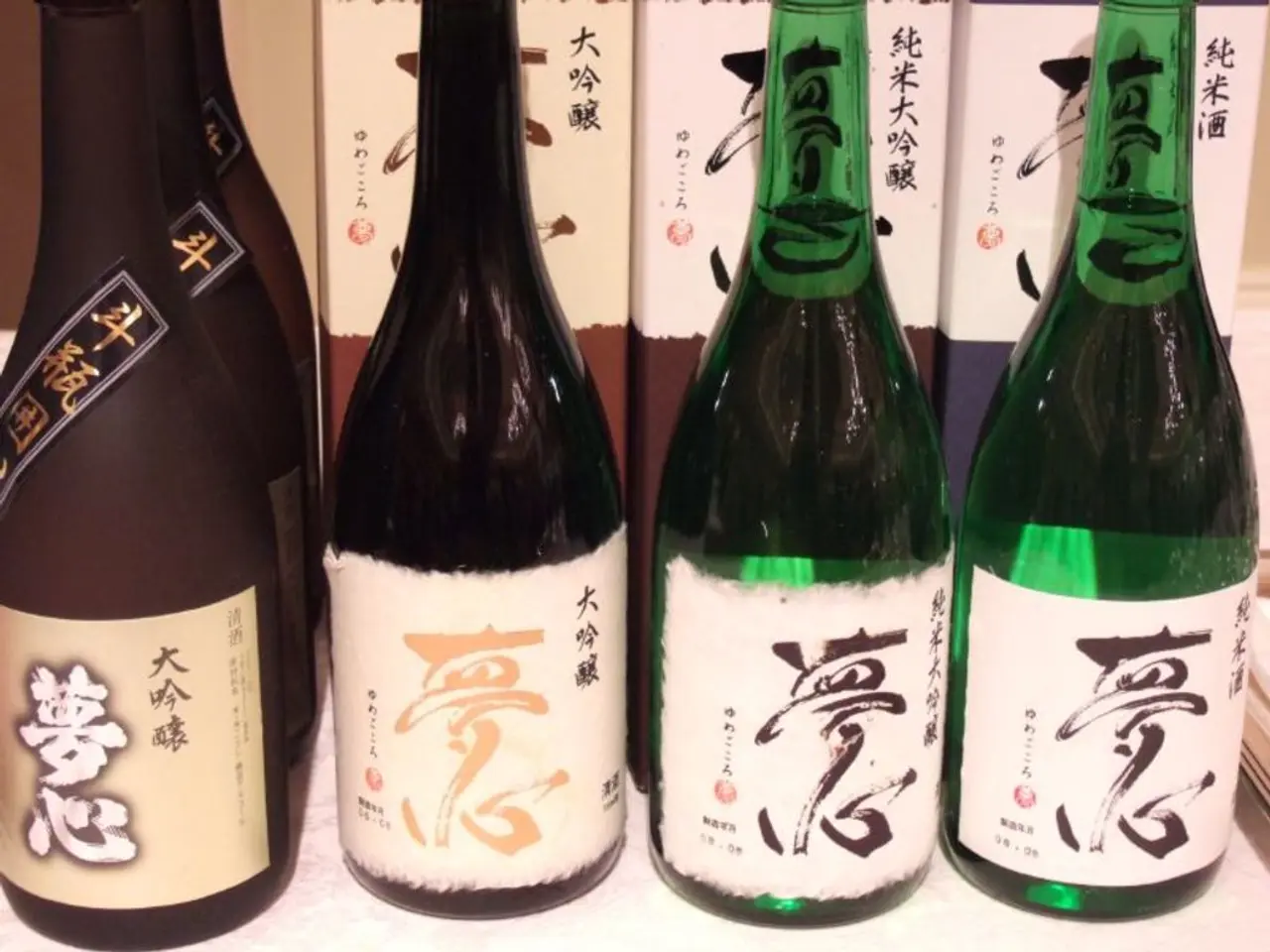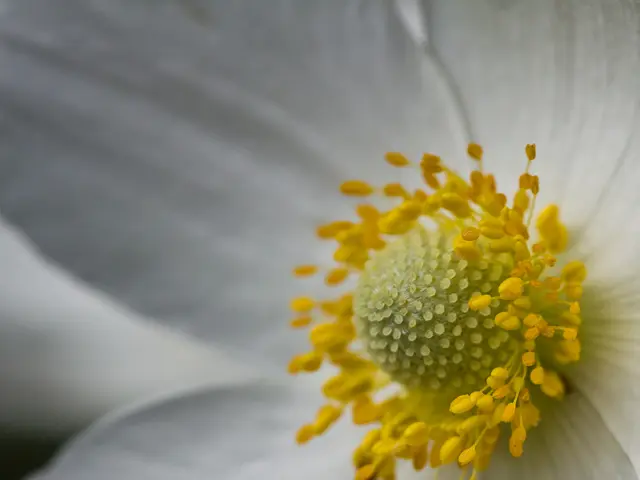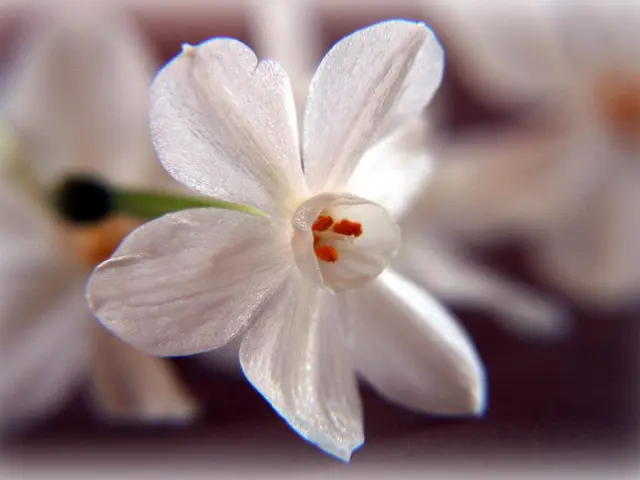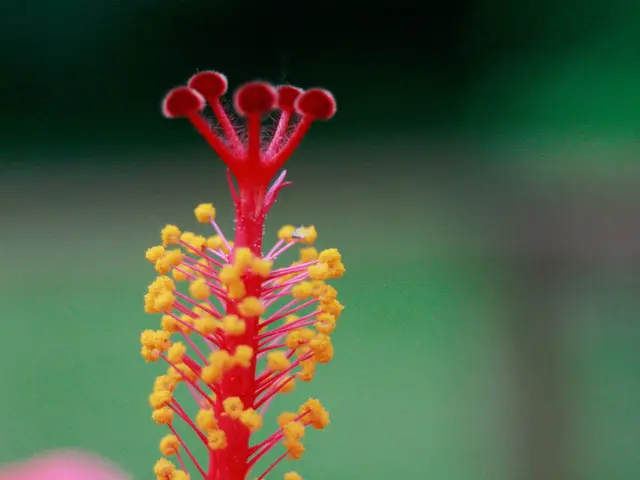Armenia's Claim to Viniculture's Prime Position in the Origins Dispute
In the heart of the Vayots Dzor province, Armenia, a revival of its ancient wine industry is taking place. Krya is one of the pioneers, restoring neglected old vines and elevating heritage fruit into terroir-driven bottlings.
The roots of Armenia's wine culture run deep, with the country being known as the birthplace of wine due to the discovery of the world's oldest winery, the Areni-1 Cave complex, in 2007. This historic site, located in the same region where Krya operates, contains the earliest complete winemaking setup ever found, dating back around 4100 to 4000 B.C.
The Areni-1 Cave complex's position on a historic east-west corridor suggests Armenian wine's dual role in both ritual and commerce. By the 5th century, Armenia had adopted Christianity as its state religion, and monastic winemaking became a cornerstone of its culture and economy. Scripture links Armenia and wine, as Noah's ark is said to have landed on the "Mountains of Ararat," overlooking the capital city of Yerevan.
Today, Armenia's wine industry is rewriting its future, with bottles appearing on shelves from Paris to Los Angeles. Gevorkian Winery, for instance, has been pushing the boundaries of Armenian wine, producing the country's first pétillant naturel and reviving kakhani. Zorah Wines is known for aging Areni in traditional karas, earning international acclaim.
Trinity Canyon Vineyards also contributes to this revival, using terracotta vessels and indigenous fruit in their wine production. California winemaker Paul Hobbs teamed up with Viken Yacoubian to found Yacoubian-Hobbs near the Areni-1 cave complex, further boosting Armenia's wine presence on the global stage.
A new generation of Armenian winemakers is reclaiming native grape varieties such as Areni, Voskehat, and Khatouni. Mariam Saghatelyan, who co-founded the country's first wine bar, InVino, has helped shift local perceptions of wine. She also teaches wine business and helps build Armenia's next generation of winemakers and entrepreneurs.
Armenia's wine exports have more than doubled in the past decade, reaching more than 30 countries. The industry's growth is not just a commercial success but a testament to the country's rich wine history and its potential for future innovations. The world's oldest leather shoe, found at the Areni-1 Cave complex, underscores its time-capsule quality, offering a glimpse into the past while paving the way for the future.
Read also:
- Peptide YY (PYY): Exploring its Role in Appetite Suppression, Intestinal Health, and Cognitive Links
- Toddler Health: Rotavirus Signs, Origins, and Potential Complications
- Digestive issues and heart discomfort: Root causes and associated health conditions
- House Infernos: Deadly Hazards Surpassing the Flames




